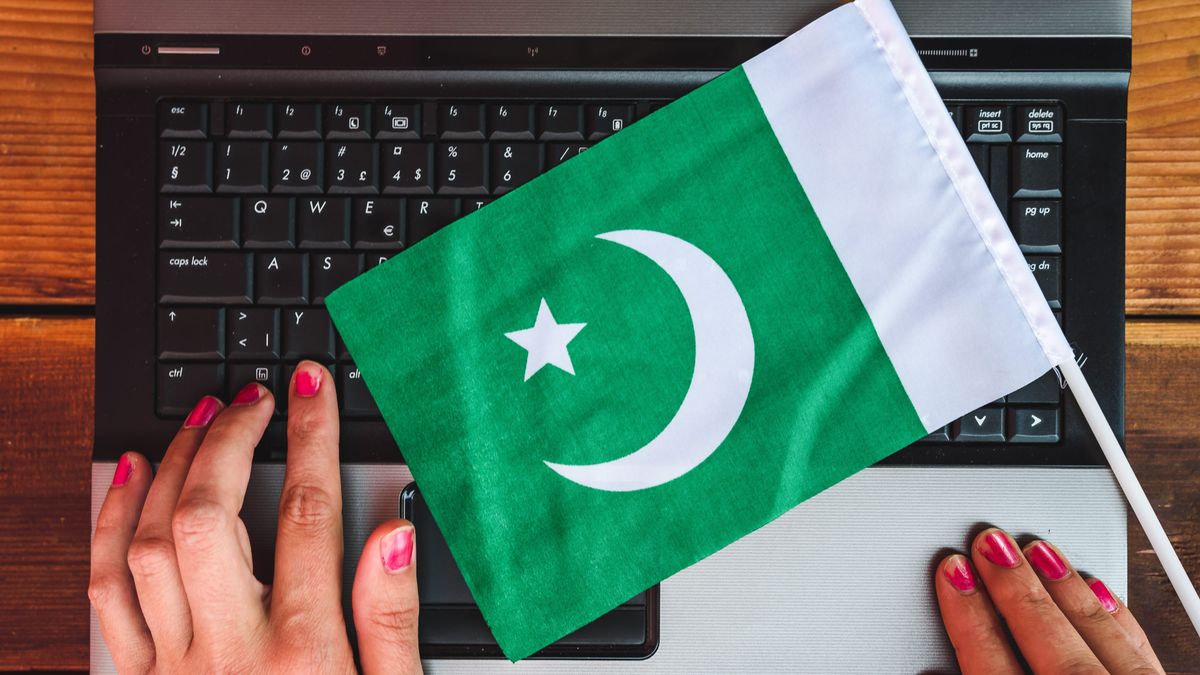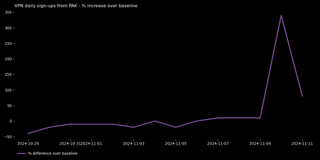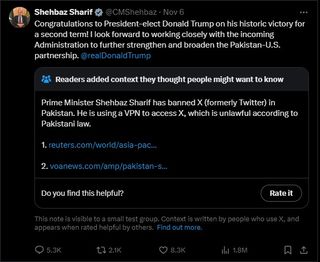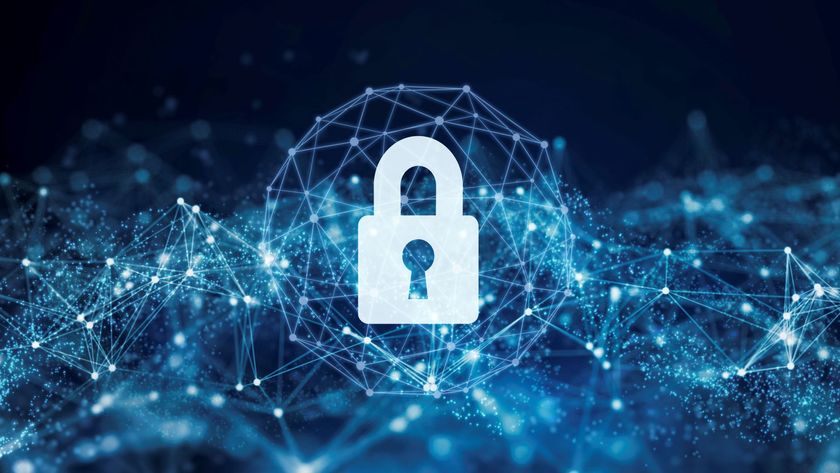Has Pakistan begun the crackdown on "unregistered" VPNs?
Providers have time until November 30 to register their service in the country

Update: On November 15, 2024, Pakistan's top religious body deemed VPNs "against Islamic laws" and the Interior Ministry asked the Pakistan Telecommunications Authority (PTA) to block "illegal" VPNs that didn't register the service in the country by November 30.
Many people in Pakistan have already reported issues accessing their VPN services, in what would appear to be the beginning of the implementation of VPN-restricting legislation.
Residents first lamented issues using the best VPN apps on Sunday, November 9, 2024. After the initial silence, authorities later confirmed to local publications that this wave of restrictions was due to a "brief technical glitch" – VPNs returned working as usual by the end of the day – while reiterating the need for VPN providers to register their services in the country to avoid further disruptions.
About a week later, on November 15, Pakistan's top religious body declared that using a VPN to access blocked content online goes "against Islamic law" – Voice of America reported. The Ministry of Interior sent a letter to the Pakistan Telecommunication Authority (PTA) the same day calling it to block all "illegal" VPNs, claiming that terrorists use these tools. Providers have time until the end of the month (November 30) to register their service in the country.
The PTA first announced plans to regulate the use of VPNs back in August. The new legislation would aim to curb VPN misuse and security risks. Authorities deemed unregistered VPNs a "security risk" for Pakistan as they can be used to access "sensitive data."

Proton VPN confirmed to TechRadar a spike in usage of over 350% above normal traffic following the reported VPN outages and connectivity issues (see graph above).
Virtual private network (VPN) services have become a crucial resource for day-to-day activities for many Pakistanis in 2024 thanks to their IP-spoofing capabilities which grant them access to otherwise geo-restricted content.
Authorities have enforced a strict grip on the internet throughout the year. Most notably, people in Pakistan haven't been able to access X (formerly known as Twitter) without a VPN since February, with VPN usage being often a target. Experts also believe that such an increase in censorship is the main cause of the decline of the country's internet.
Are VPNs illegal in Pakistan?
While Pakistan is regulating the use of VPNs, these services are not illegal or completely banned.
As Dawn reported, VPN usage is permitted in Pakistan for legitimate purposes across various sectors, such as banking, foreign missions, corporate enterprises, universities, IT companies, call centers, and freelance professionals.
Authorities are urging companies operating in the aforementioned sectors to complete the VPN registration with PTA as soon as possible. Failing to do that could mean further service interruptions in the future. At the time of writing, over 20,000 VPN IP addresses have been already registered in Pakistan since 2020, according to authorities.
While the VPNs affected by Sunday throttling returned to work as normal by the end of the day, there's irony in considering that this "technical glitch" occurred just a few days after Pakistan's Prime Minister shared a post on X – a platform that has had disrupted access in the country since February – to congratulate US President-elected Donald Trump.

A community note was later attached to the tweet (see image above) from readers alleging the potential contradiction of the Pakistan PM who appears to be forced to use a VPN to bypass his own regulations and keep posting on the blocked platform.
If you are based in Pakistan, or planning to visit the country soon, I recommend checking out our best free VPN page to download as many of the most secure freebies out there. Having more than a VPN app could be beneficial in these instances as you can hop between services in case one gets blocked.
Tor browser is another valid alternative. Completely free to use, Tor is supposed to be even more secure than VPNs as it encrypts your connection in at least three layers of protection. Beware that this extra encryption might slow down your performance a little.

Chiara is a multimedia journalist committed to covering stories to help promote the rights and denounce the abuses of the digital side of life – wherever cybersecurity, markets, and politics tangle up. She believes an open, uncensored, and private internet is a basic human need and wants to use her knowledge of VPNs to help readers take back control. She writes news, interviews, and analysis on data privacy, online censorship, digital rights, tech policies, and security software, with a special focus on VPNs, for TechRadar and TechRadar Pro. Got a story, tip-off, or something tech-interesting to say? Reach out to chiara.castro@futurenet.com











